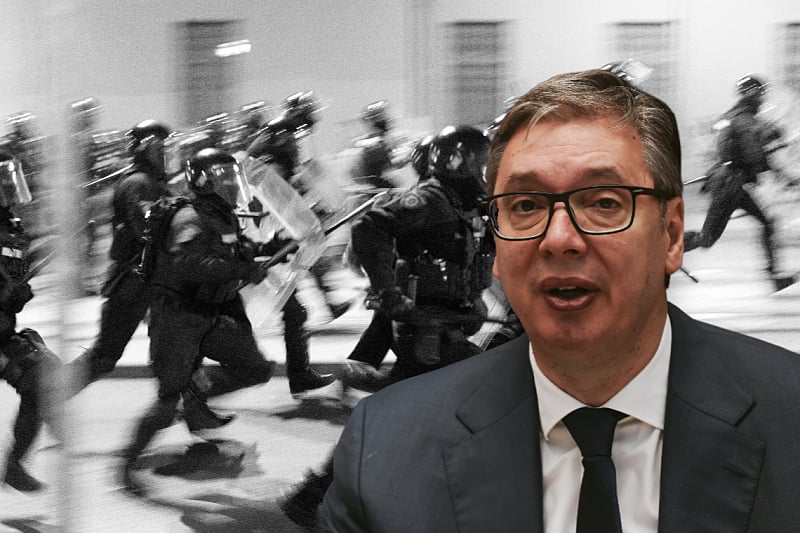
Foto: Klix.ba
The question is whether Serbian President Aleksandar Vučić has unexpectedly started a civil war, given that he is sending hundreds of his paramilitary supporters and so-called loyalists, dressed in black shirts and with a distinctive appearance, to beat up women, children, and ordinary people protesting against his corrupt government.
This question was posed by the Serbian newspaper Danas, which, due to the turbulent political situation in the country, which has reached a peak in recent days, spoke with people who are well acquainted with the political situation there.
The interviewees emphasize that the possibility of civil war in Serbia has been discussed for months, which could break out due to the socio-political tensions that arose after the demolition of the canopy at the railway station in Novi Sad and the mass protests that swept the entire country, the decline in approval ratings for the ruling elite, and the apparent police brutality towards demonstrators.
According to the newspaper, it is enough to watch a few videos of the brutal clashes between police and citizens on Wednesday night in Novi Sad.
As support for the autocratic ruler among citizens declines, it is becoming increasingly clear that they are resorting to their only remaining weapon: hiring thugs to physically deal with people who protest against the government, while the police protect them, writes Danas.
Clashes with Vučić’s mercenaries in Bački Petrovac, Bački Palanka, and especially in Vrbas in recent days, where women, children, and elderly people were pelted with fireworks, stones, bottles of frozen water, and keys, were organized by so-called Vučić’s loyalists, who were brought in from other cities to provoke violence, according to locals. Danas describes this as “the last line of defense of the fallen ruler.”
According to citizens, a real small-scale war is taking place on the streets of Serbian cities. The latest scenes of violence in Novi Sad, which have already been reported by European and global media, support this thesis.
The police stand aside
According to lawyer Siniša Nikolić, head of the cabinet of the murdered Prime Minister Zoran Đinđić, the big guys in black, their faces hidden behind baseball caps, often with sticks and stones in their hands, look at first glance like football hooligans ready to clash with their rivals.
“Probably, except that the showdown is not taking place around the stadium, but in front of the SNS headquarters. It is clear that they are organised from a single centre and that their task is to break through the blockades of public gatherings and show that the government has ‘teeth that bite’,” says Nikolić.
When asked why the regime decided to take such a step and what it stands to gain and lose from it, Nikolić replies that the main goal of the actions of these loyalists, as Vučić called them, is primarily to boost their own party membership and the concerned electorate.
“The message is: We did not back down because they are more numerous and more persistent, nor because we are afraid of them, but because we are an honest, decent Serbia and not a dictatorial den, as the blockaders want to portray us. But every patience has its limits, and we can no longer prevent the honest world from responding to the insults, blockades, and attacks on our premises and officials. Therefore—violence as a response to violence!” explains Nikolić.
He adds that the police, who merely stand by in these conflicts, are sending a message to government supporters that the regime still controls the apparatus of force and holds all the strings in its hands.
“Not all of them,” some will say sarcastically, especially when you see the number of their officials in custody. The long-announced “loyalists” are probably the last attempt to stifle the popular uprising without calling early elections. But like all previous moves – from ‘Students who want to learn’, the march from Kosovo, Ćacilendeja to the People’s Movement for Serbia – this one will not stop the demands for change either. On the contrary, it will mobilize those who have so far doubted the meaning of months of protests,” says Danas’ interlocutor.
In his words, this is no longer a student resistance movement – the situation is increasingly reminiscent of a series of smaller or larger fires raging across the country.
“The international community can no longer ignore this. No one needs a new fire on European soil, especially in an atmosphere of supposed defense of national interests. Therefore, provoking conflict may be the last move before early elections—the last line of defense for a fallen ruler,” concludes Nikolić.
“What is at stake is that you will be left without a salary, health, and your head.”
Sociologist Ivan Živkov told Danas that the government’s behavior in recent months can be traced back to patterns used to stabilize autocratic regimes after mass protests in Russia, Belarus, Georgia, and, to some extent, Turkey.
“There are three parallel processes at work here. The first is to reduce the number of opponents of the regime using the ‘carrot and stick’ method. The government has already used force to return teachers from the streets to the classrooms, and the process of disciplining university professors is nearing completion. It has become clear that for many people, a regular salary is more important than fighting for the common good. The government expects a similar effect from arrests and beatings—that some protesters will back down if the price of resistance is the loss of their jobs, freedom, health, and above all, their lives,” explains Živkov.
The “carrot,” he adds, will go to the government’s helpers—from criminals and thugs, to obedient union leaders who prevent strikes, to the poorer segments of the population who will be happy with cheaper Paris or one-time pre-election financial aid.
“The second process is the promotion of nationalist homogenization by provoking tensions in the region—from Kosovo and Montenegro, through Bosnia and Herzegovina to Croatia, as well as within Serbia itself, especially in Vojvodina and Sandžak. This is a trick that many fall for, including opponents of the government, as they believe that unity is necessary when ‘Serbianness’ is threatened. In such circumstances, all forces are directed toward defending ‘threatened national interests’ rather than resolving the situation at home,” the sociologist notes.
In his opinion, the third process is extensive preparation for another major election manipulation.
“In addition to the methods we have seen and expected so far to undermine the electoral will of citizens, we will probably see some new, unexpected mechanism. The election result achieved in this way would serve to legitimize all other government moves, according to the logic: ‘The people voted for it,'” concludes Ivan Živkov.

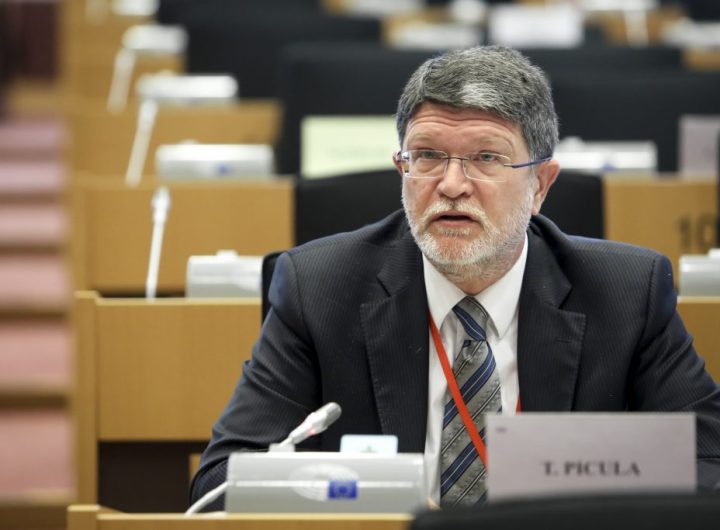 Picula: No EU membership for Serbia without recognizing Kosovo, arrest Radojcic
Picula: No EU membership for Serbia without recognizing Kosovo, arrest Radojcic 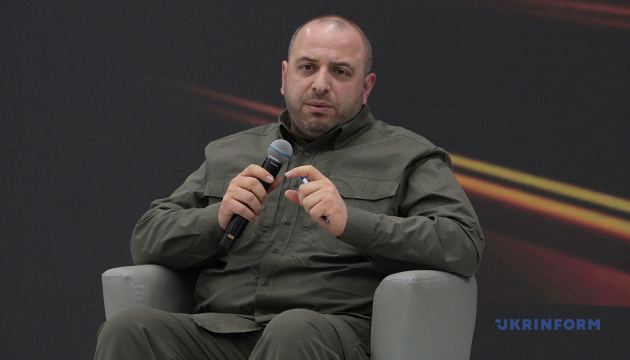 Ukraine, UK agree to joint production of interceptor drones
Ukraine, UK agree to joint production of interceptor drones 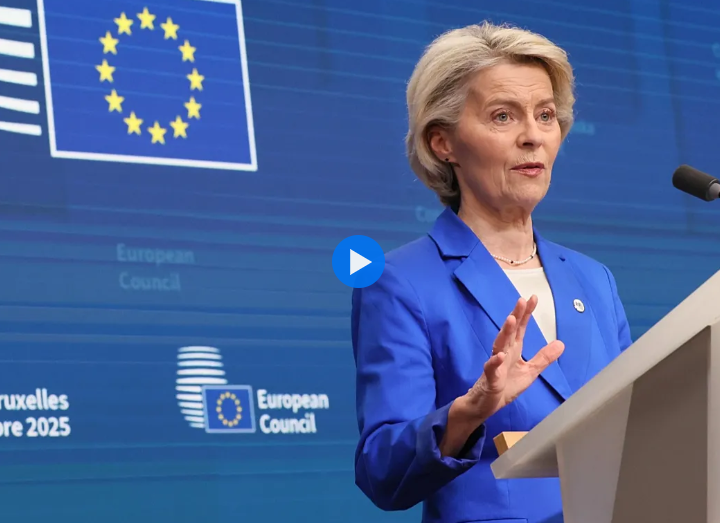 European Union seeks to end dependency on China for rare earths
European Union seeks to end dependency on China for rare earths  The “Flower of Srebrenica” monument unveiled in Vienna
The “Flower of Srebrenica” monument unveiled in Vienna 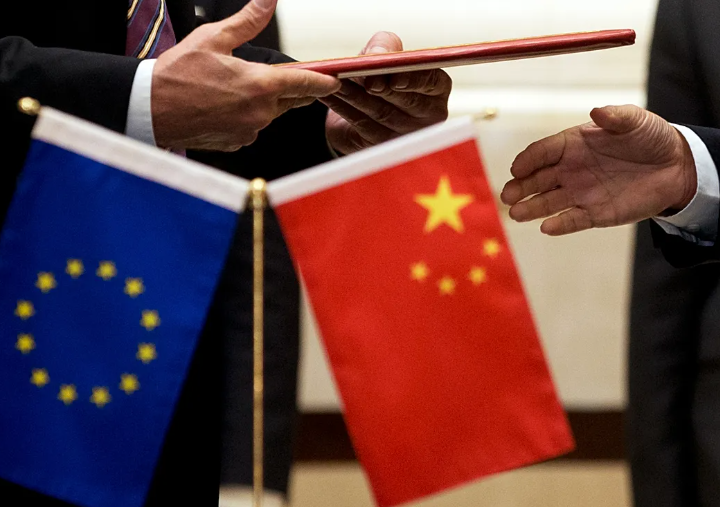 Tensions remain high as China and EU prepare Brussels meeting on rare earths
Tensions remain high as China and EU prepare Brussels meeting on rare earths 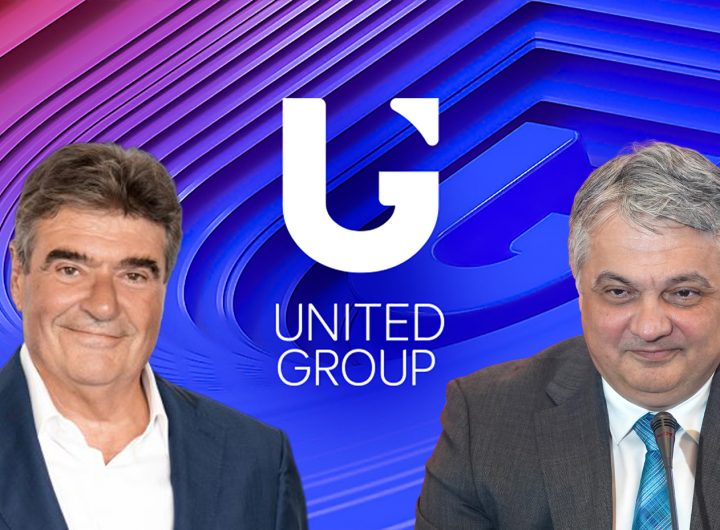 Two months after the release of the Lučić-Müller video: Criminal charges for trading in influence filed with TOK, but the case has no epilogue
Two months after the release of the Lučić-Müller video: Criminal charges for trading in influence filed with TOK, but the case has no epilogue